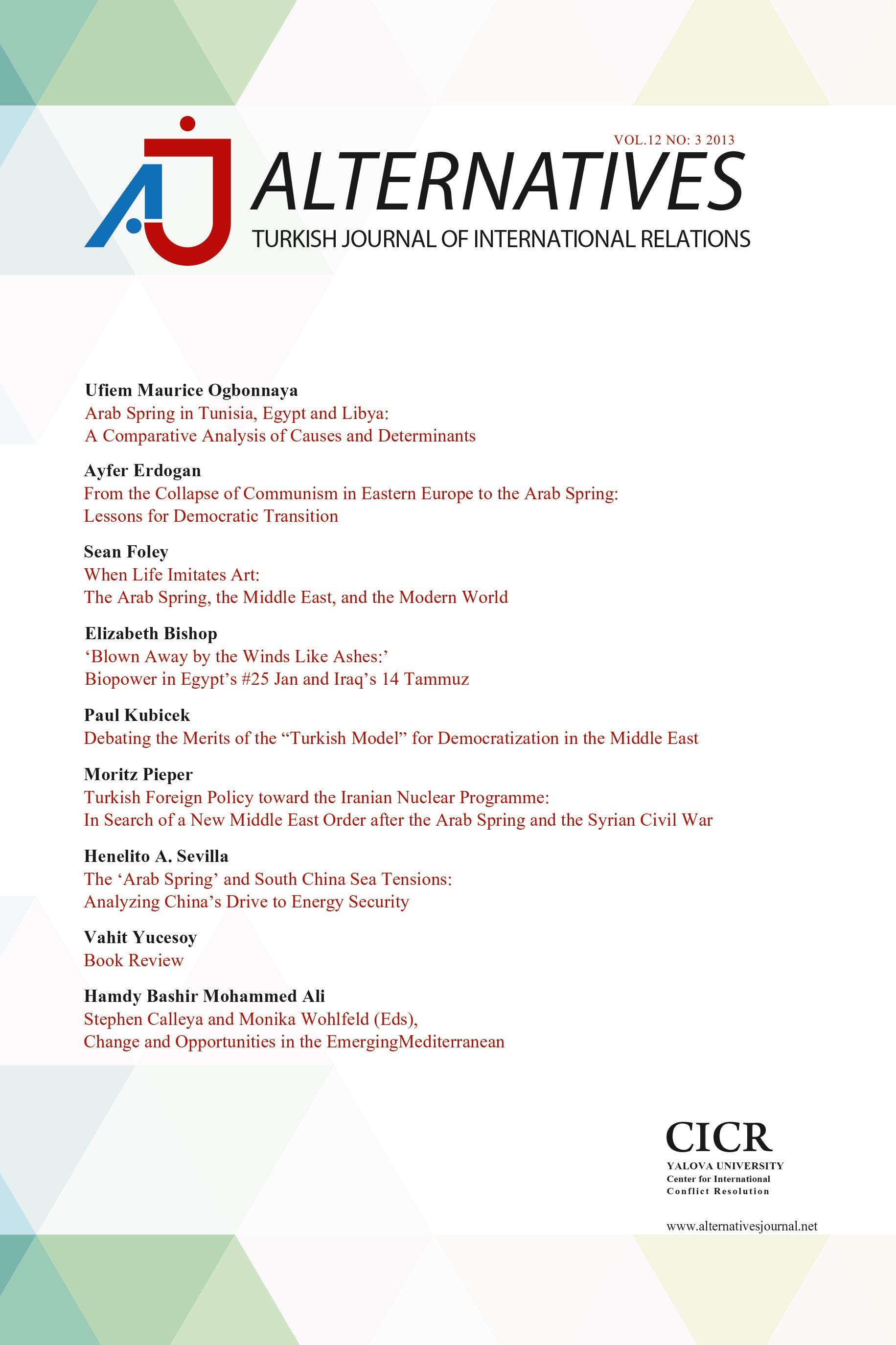Quantitative World System Studies Contradict Current Islamophobia: World Political Cycles, Global Terrorism, and World Development
Quantitative World System Studies Contradict Current Islamophobia: World Political Cycles, Global Terrorism, and World Development
In this article, we draw some optimistic, socio-liberal conclusions about Islam in the world system. Countering some alarmist voices in the West, neither migration nor Muslim culture are to be blamed for the contemporary crisis, but the very nature of unequal capitalist accumulation and dependency that is at the core of the world capitalist system. For one, our analysis is based on current thinking on Kondratiev waves of world political development inherent in recent work by IIASA and the NATO Institute for Advanced Studies. First we present a rigorous re-analysis of United States Department of State data on acts of global terrorism in the framework of Kondratiev cycle waves. The data presented show that before the present war in Iraq the global war on terrorism alreadyshowed very positive effects, and that the strong linear downward trend in global terrorism, to be observed during the last two decades, coincided with rising globalization in both the centers and the peripheries of the world system, and that the percentage of people with less than 2 $ a day even declined in the Middle East and North Africa. We also found no systematic interaction between the differentials of growth in the center and the periphery or inequality differentials in the center and the periphery and patterns of global terrorism. I. e. a western socio-liberal, multi-lateral and non-interventionist policy could have won the fight against international terrorism. We then refute empirically the Huntington hypothesis about the incompatibility of Islam and successful socio-economic development.
